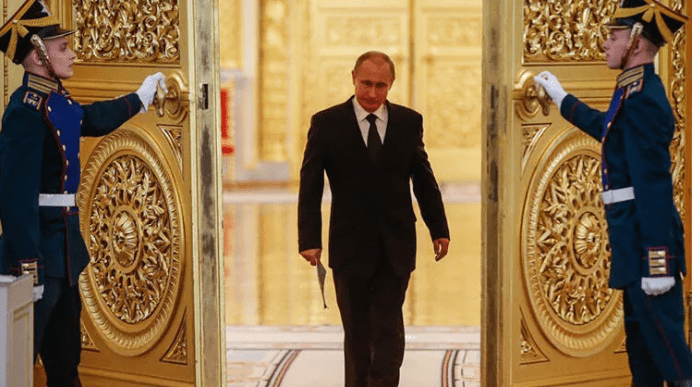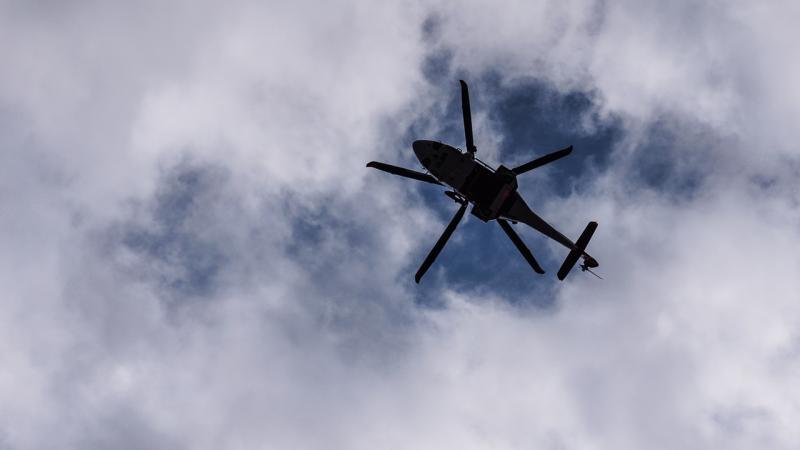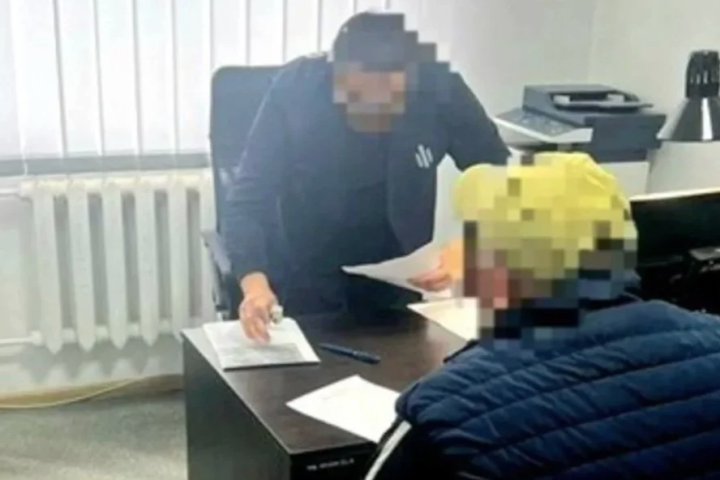Despite the ongoing war against Ukraine and its repercussions at home, Russian President Vladimir Putin has so far largely succeeded in gaining domestic support. In an article published by the Carnegie Endowment for International Peace, Andrey Vladimirovich Kolesnikov, a Russian journalist and researcher on the history of Russian politics, cited an old Italian joke that illustrates many of the issues of subjugation in authoritarian and totalitarian societies. According to the joke, when one of the sons of the former Italian leader and dictator Benito Mussolini asked his father about the form of government he had established in the country, Mussolini angrily replied ‘eat and shut up’.
Kolesnikov describes this, the ‘eat and keep quiet’ formula, as an authoritarian model in which a large proportion of the population is sufficient to ensure respect for the law. It was a model that was in place in Russia until recently. In exchange for relatively good conditions, the population kept quiet and stayed out of the authorities’ business. It automatically voted in favor of the authorities on any initiative.
Following Russia’s partial mobilization last year, the paradigm of the social contract has shifted, Kolesnikov said, adding that Russians are now expected to share responsibility with Putin and voice their support for his actions with increasing frequency. It is no coincidence that condemnation is the new social norm as the rhetoric of violence and nuclear war intensifies, Kolesnikov said, adding that this behavior is actively encouraged as Russia moves towards a hybrid totalitarian model. Kolesnikov noted that Russians are expected to pay their debts as the ‘Putin regime’ approaches full maturity. According to Kolesnikov, big corporations are now expected to increase their military spending while giving 5 percent of their increased profits to their countries whose incomes are eroding.
[su_posts posts_per_page=”1″ tax_term=”27764″ offset=”1″ order=”desc” orderby=”id” post_status=”any” ignore_sticky_posts=”yes”]
This raises many questions. The most important of these questions can be listed as follows:
1- What is the source of these increased profits?
2- Which law states that companies must give 5 percent of their profits to the state?
3- Is this a one-time tax or a permanent tribute for security and defense?
Against all this, what matters most is the state’s involvement of a wide range of social strata and groups in its ‘special operation’, which seems to have been going on for years.
Kolesnikov says that the Kremlin has managed to turn the ‘special operation’ into a ‘people’s war’ and a common task that should unite the nation. Kolesnikov emphasized that anyone who opposes the Kremlin has been declared a ‘traitor’, in Putin’s words, and that these traitors must be fought.
In the past, the same paradigm, the popular discourse, prevailed. According to this, the people say that there is ‘us’ at the bottom of the social hierarchy and ‘them’ at the top, referring to the rulers of the country who live in yachts and palaces. Now this vertical structure has become horizontal, with ‘us’ becoming all Russians and Ukrainians fighting ‘them’, referring to NATO, the US, the EU and the collective West.
This new pronoun ‘we’, like Soviet-era communism, polishes a common goal that has been pushed aside forever, but is nevertheless on the horizon. This goal is victory over the West. While the parameters of what such a victory might look like or how it might be achieved are still unclear, it can forever move towards that horizon.
This new ‘us’ movement, starting towards a goal that is constantly regressing, defends some of its social and economic shortcomings. This paramilitary era demands understanding from the general population and a tightening of the belts of ordinary Russians. Because the deficit in the state budget has become a more urgent priority than ever. Slogans about abandoning Western products and technologies and replacing them with Chinese equivalents have so far failed.
As Sharq al-Awsat observes, there is no certainty that the federal and provincial budgets will be able to shoulder the burden as more people join the fight. This is a social, military and financial burden as well as a psychological one. Because many citizens are now directly involved in ‘special operations’.
Kolesnikov continued in his article:
“What is going on in the minds and souls of those who witnessed the fighting first-hand, those who were injured, those who lost fathers, brothers, sons? Will these people become a political force? Will they support the Putin regime or will they become a ‘fifth column’ on the conservative wing instead of the liberal wing? There are no answers to these questions yet. It is strange that a modern, modern, urban society can deteriorate so quickly, especially morally and psychologically. Even if we assume that the majority of these people do not support Putin and the special operation, simply not fighting it, not resisting it and adapting to external conditions is still support in a practical sense.”
Kolesnikov pointed out that the country has been taken not only back forty years, to a time when the patterns of behavior largely consisted in adapting to the decline of the Soviet Union, but also back 70-75 years to the beginning of the Cold War, when there was a flurry of denunciations and new waves of repression in the framework of the fight against ‘cosmopolitans’, that is, against ‘submission to the West’.
The only difference, Kolesnikov stressed, is that the features of the totalitarian regimes of the 20th century are being revived in a society with an open and functioning market economy, where for years people, ideas, technology and capital have been moving freely.
Kolesnikov noted that Russia has become a military-police state where the choice of verbal communication to resolve issues quickly has been suppressed, as evidenced by the increasingly shocking statistics on the prosecution of dissidents, but this option still exists, as people’s ‘voices’ can be heard not only from abroad but also from inside Russia.
In the final part of his article, Kolesnikov said that the state feeds this obedient mass with rituals of unity, the constant revival of the victories in their national history and the ideology of imperialism, which is why the fatigue caused by the special military operation is not expressed in the calls for peace and greater transparency in Russia, but only through either more aggressive or more passive support from the authorities. Kolesnikov argued that Russian society has given Putin carte blanche to continue this war on the country’s borders and repressive practices at home, which shows the extent to which all this is feasible.





